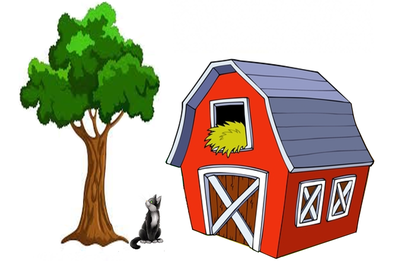What to use for Deworming & Preventative Worming Maintenance
Diatomaceous Earth is our preferred method for taking a preventative approach by adding it to their feed on a regular basis at a rate of 2%.
Some say DE can prevent larvae from maturing into adults, but it can take up to two months to see an effect. There’s no solid scientific evidence that DE is an effective internal worm preventative.
Apple Cider Vinegar (ACV) is another old school home remedy which many people swear by. Vinegar used needs to be the “With The Mother” type such as “Braggs Apple Cider Vinegar”.
If you want to try using ACV for your chickens, you can dilute it in their drinking water at a ratio of 2% ACV to fresh water. You can also try mixing ACV with cooked grains, pumpkin seeds, and water to create a sloppy mix for your chickens to soak in overnight.
It’s important to note that ACV will corrode metal, so you should use plastic drinking vessels for your chickens. Also, regular worming is still important because ACV won’t completely eradicate worms.
Pumpkin Seeds is an old natural remedy which is has mixed feelings from people.
if anything, this would be in the preventative category, there are some studies which show it helps a little bit but is definitely not a fix for worms.
Here is one of those studies http://journals.tubitak.gov.tr/veterinary/issues/vet-19-43-2/vet-43-2-4-1807-39.pdf which basically states “Results indicate that compared to mebendazole, pumpkin seed was moderately effective in reducing worm counts of Ascaridia spp. and Raillietina spp., marginally active in reducing worm counts of Heterakis spp., and moderately effective in reducing egg output of the worms. The results suggest that pumpkin seed has the potential to be used as an alternative anthelmintic for chickens.”
Piperazine Dihydrochloride 53% Wormer is another option which is available for Chickens and Turkeys.
It is only effective against the adult large roundworm. It has no effect on any other species of worms, including tapeworms.
Below is info directly from the manufacturer’s website https://poultrydvm.com/drugs/piperazine#
Egg Withdrawal Period: In Australia and Canada, piperazine is approved for 1-time use in egg laying hens at doses ranging from 130 to 200 mg/kg (59 to 91 mg/lb) with a 0-day egg withdrawal.
Storage/Stability: Unless otherwise specified by the manufacturer, piperazine products should be stored at room temperature (15-30°C).
Caution: Acute massive overdosage can lead to paralysis and death, but the drug is generally considered to have a wide margin of safety. The oral LD50 of piperazine adipate in mice is 11.4 g/kg.
